Feelings and Relationships

Apart from the changes in our appearance and the physical changes in our bodies, we experience changes in the way we feel during puberty.
Our bodies start to produce hormones as we go through puberty. Hormones are like little chemical messengers. They control what is happening in our bodies and affect the way we think and feel. Everyone experiences this differently and at different times but it is common to have very strong feelings. We may feel suddenly happy or sad, excited or angry, shy, fearful or brave. We may also have strong sexual urges and feel suddenly and intensely attracted to others.
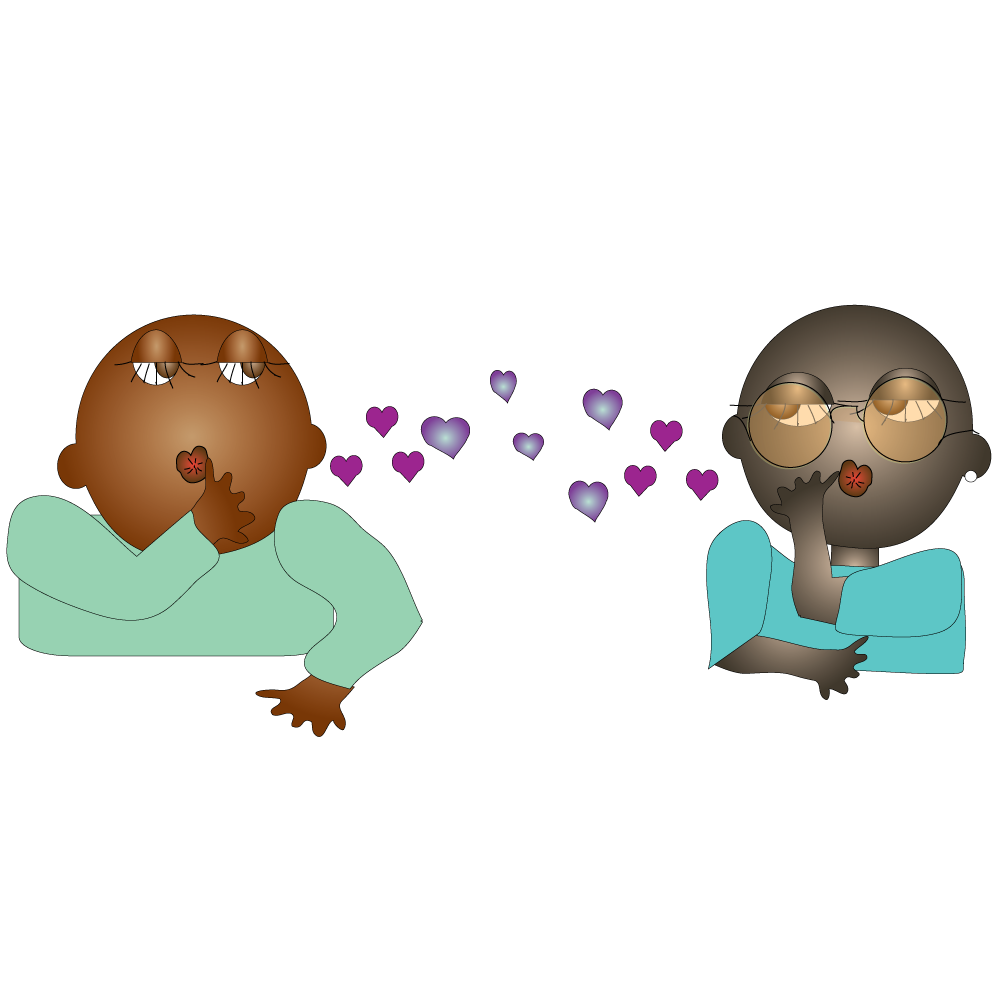
This is a normal part of growing up. It can be very exciting and pleasurable, and also confusing and upsetting. Many of us start wanting to express our feelings towards others and have intimate relationships. An intimate relationship is when two people take the time to truly get to know and care about each other. It is important only to do this when we are ready and without taking risks.
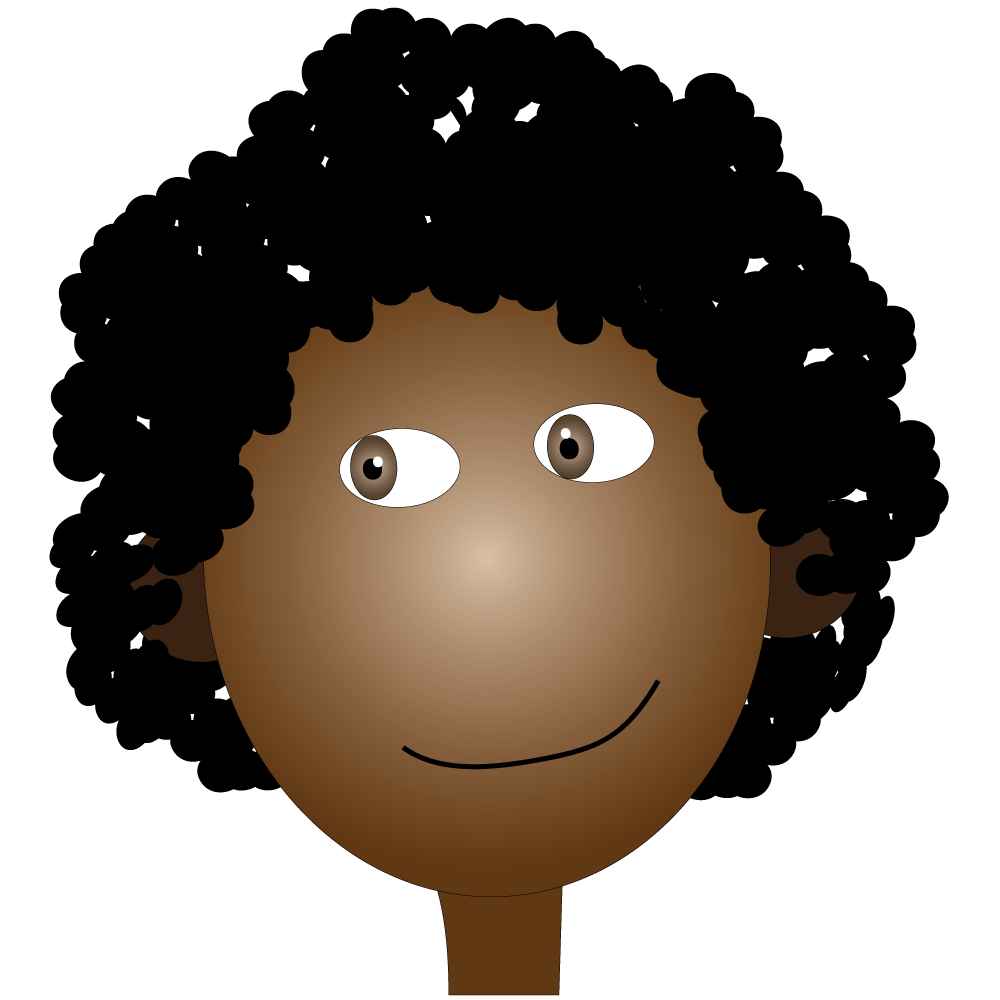
Understanding how our hormones affect us allows us to enjoy these new feelings in safe and healthy ways.
‘Feelings’ means different things, like:
- Physical sensations
- Emotional states
- Romantic attraction
These new feelings and urges that will start during puberty are a natural part of growing up:
- Sexual feelings, or feelings of wanting to have sex, can be very strong.
- Sexual feelings are normal but that does not mean that you are ready to have sex.
- Your body may be ready, but your heart and mind might not be. Sexual feelings can overcome your common sense, and may lead to risky behaviour.
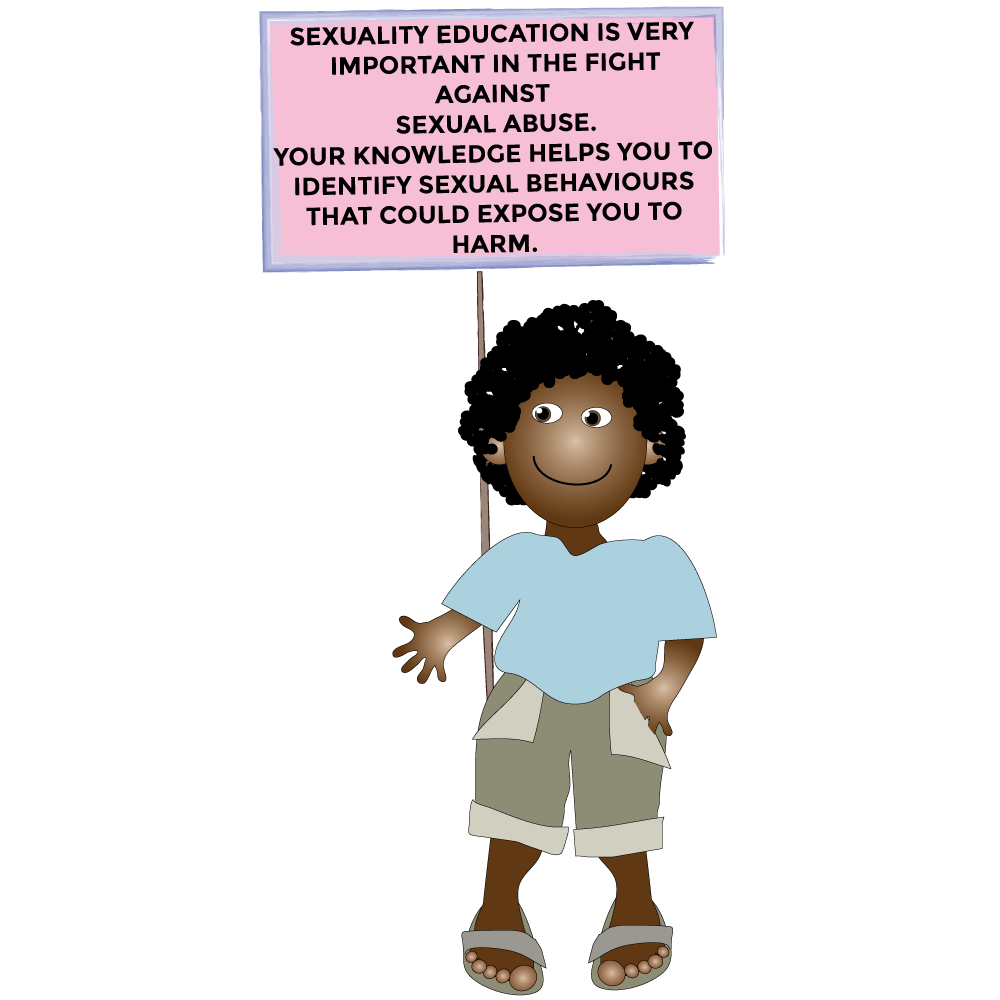
Sex is a way in which people can show love for each other. Sex can be enjoyable, and safer, in a loving and mutually (both agreeable), respectful consensual relationship where both partners know their rights and their responsibilities.
It is important not to be pushed or to push anyone into a sexual relationship. It can help to have a friend or adult we really trust to support and advise us. As we grow older and have more knowledge and experience, we may be able to recognise unequal sexual relationships due to gender, age, economic status or differences in power.
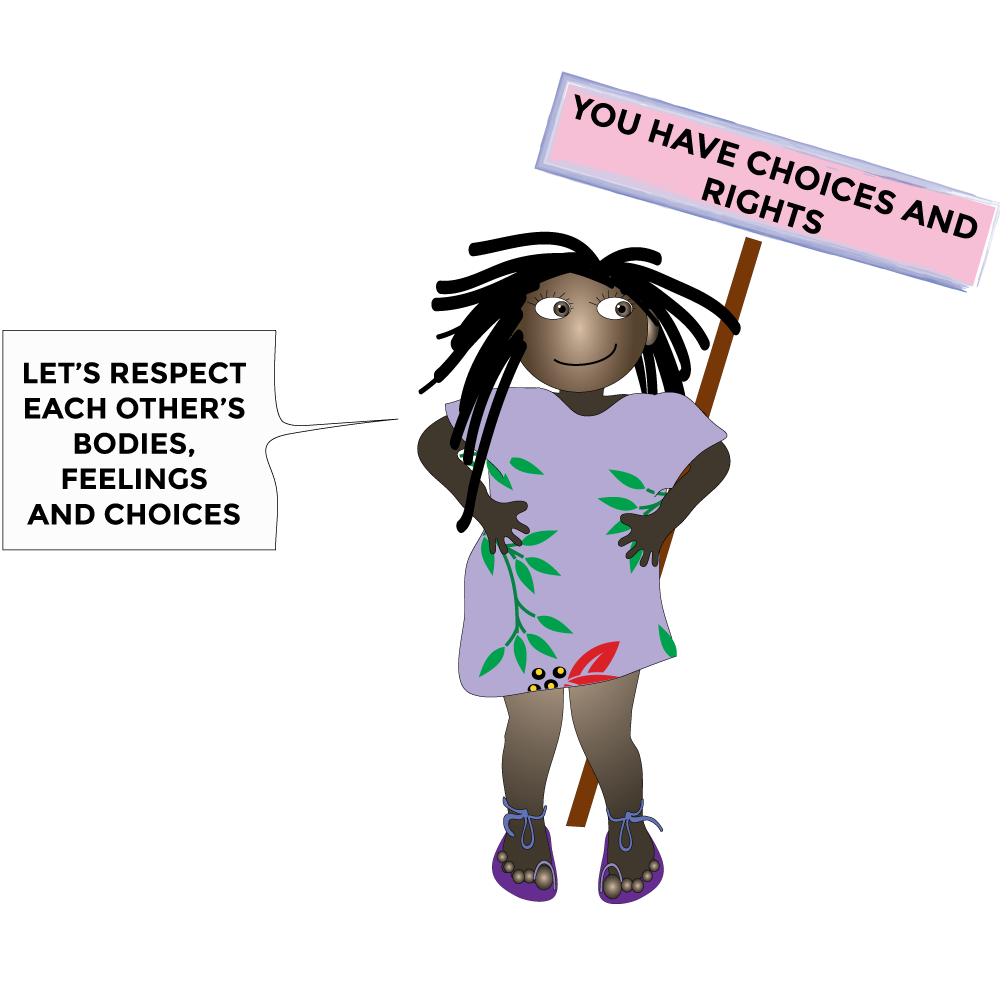
You have choices and rights.
Different cultures, religions and generations have different ways of talking about sex. There are lots of confusing messages about sex and sexuality.
It is always important to fact-check what people tell us, whether it is friends, family, teachers and other adults, social media, magazines, radio and TV.
Sexual feelings, or feelings of wanting to have sex (arousal), are biological reactions of our bodies. They are normal and they feel very nice.
Learning to manage these feelings is a bit easier if you understand what happens in your body when you are attracted to someone.
What is an erection?
When boys become excited, their penises get bigger and stiffer. This is called an erection. It happens because the blood supply inside the penis increases.
Men and boys and even babies have erections.
Erections can happen whilst a person is asleep, when the penis is touched, or when the person is excited.
During puberty, erections can happen unexpectedly. After a while, the erection goes and the penis becomes soft again.
Girls get sexually aroused in a similar way but it doesn’t show because their sex organs are inside. Their vagina becomes wet (from the fluids passing through the vaginal walls).
Sexual feelings are personal. We can’t control when they happen but we can control whether we share them or show them. Even when you have a romantic or sexual relationship, it’s important to agree about sharing and showing feelings. We need to ask before kissing or hugging someone. That’s called consent.
A safe alternative to having sex before you are ready, is masturbation.
Penises can change size even when not erect. Being afraid, cold or nervous reduces the blood inside the penis, making it smaller in size (see what happens in cold water!).
Sometimes boys are worried that other people can see their erections. It’s probably more noticeable to the boy himself than anyone else.
- Wear bigger clothes
- Put hands in pockets
- Sit down until it goes away
- Think of something else until it goes away
- Tie a sweatshirt around your waist with the sleeves hanging down
- Use a notebook or bag to cover it
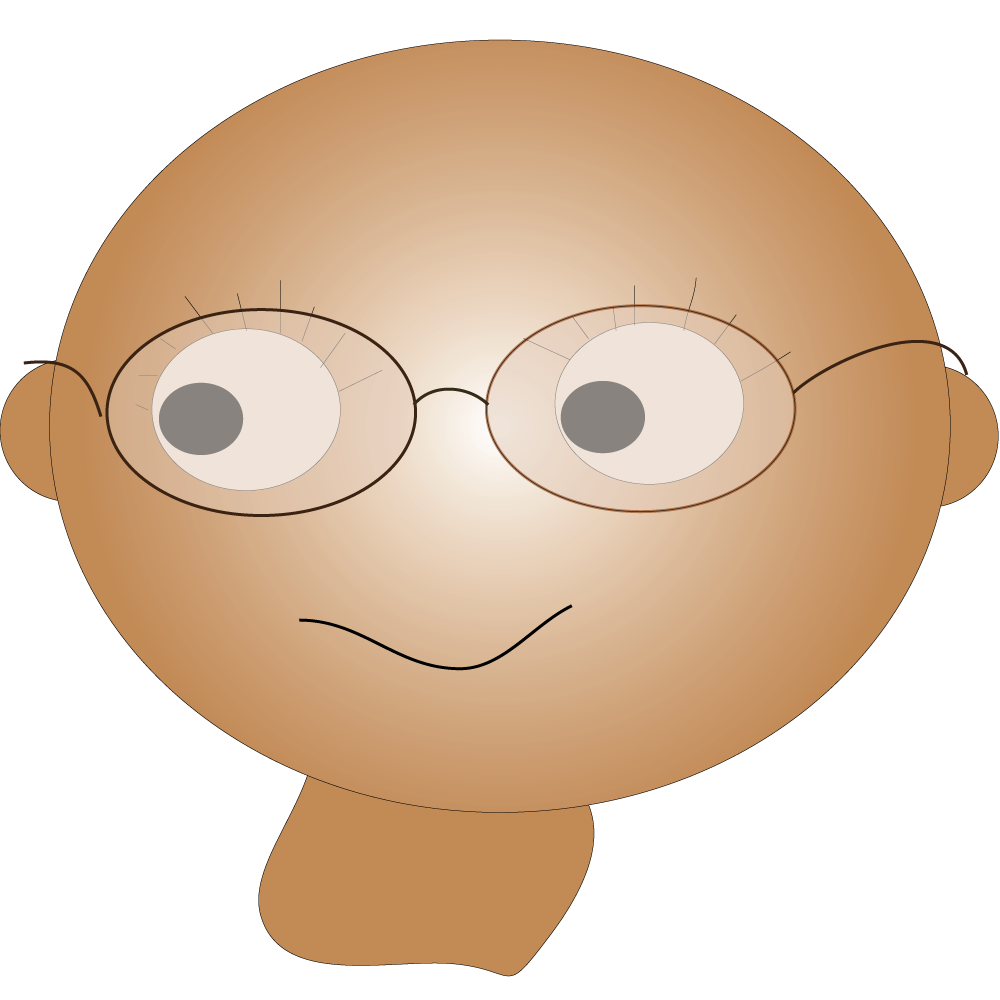
People enjoy sexual feelings without having sex, for example, by kissing and touching. Masturbation is a safe alternative to having sexual intercourse.
Masturbation means touching or stroking the genitals (sex organs) in a way that feels pleasurable (nice) . This may lead to a hard-to-describe feeling of intense pleasure called orgasm. Both boys and girls masturbate and experience orgasm.
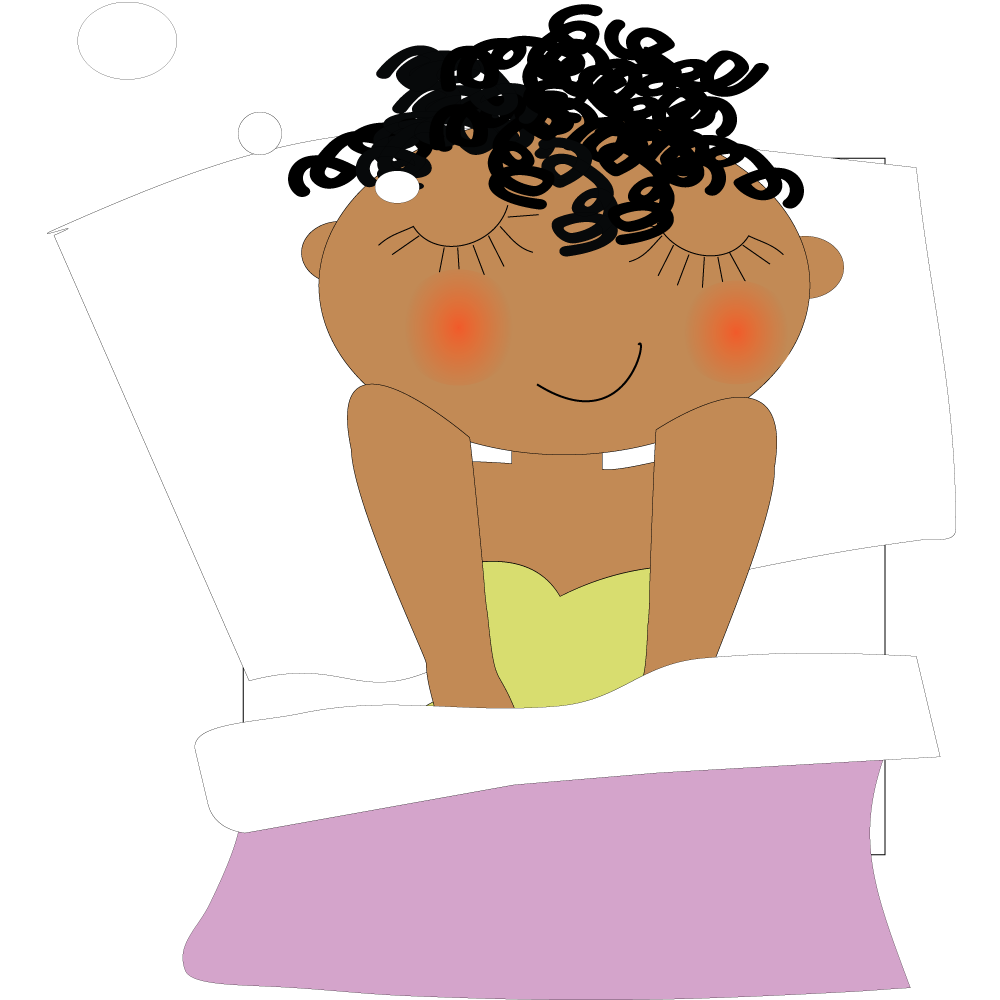
Most people masturbate at some time in their lives. This should always be done privately. Some people masturbate more than others and unless it interferes with normal daily activities, there is nothing harmful about it. The amount of time spent masturbating is different for everybody.
Some believe that masturbation will cause all sorts of strange things to happen. This is not true. Masturbation is not wrong or sinful.
Thinking about things that are exciting while masturbating is completely normal. These are called fantasies.
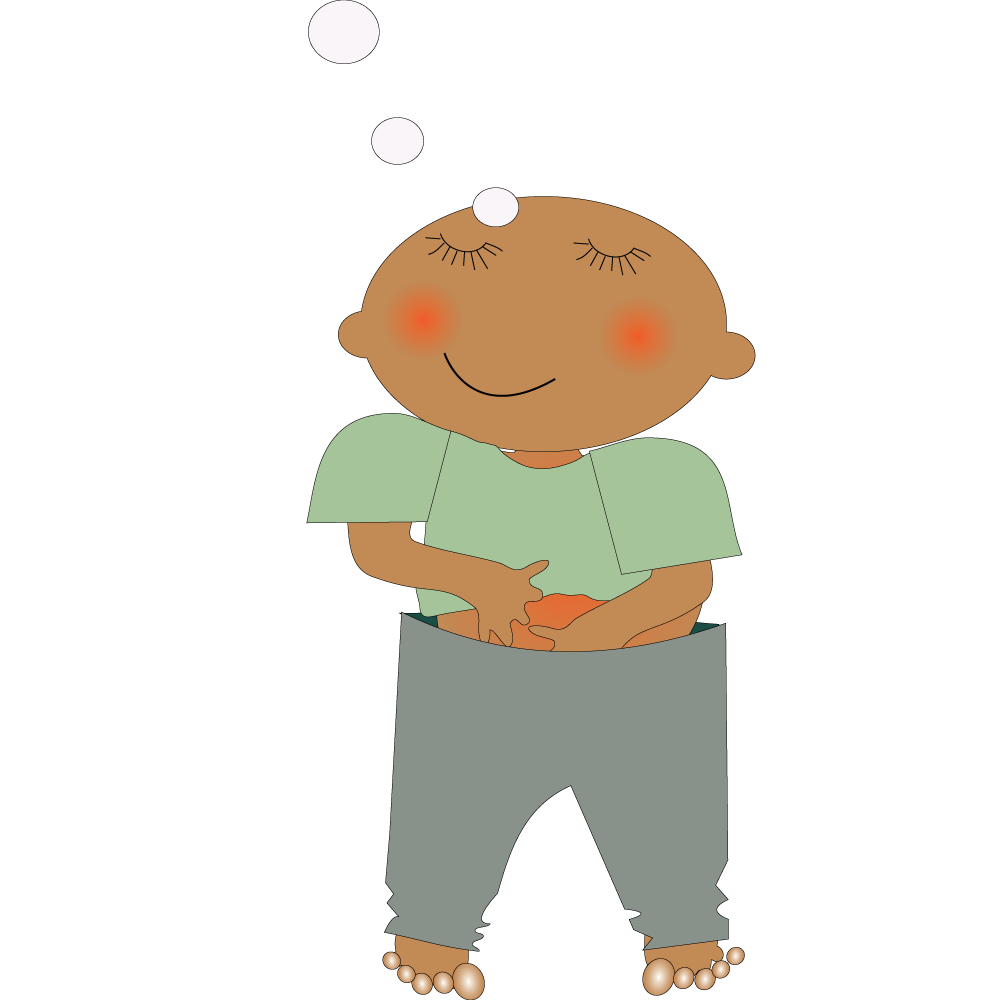
‘Coming’
It’s difficult to explain exactly how an orgasm feels, but it is usually a very pleasurable experience caused by rhythmic spasms of muscles contracting. The feeling starts in the sex organs and moves outwards, sometimes affecting the whole body.
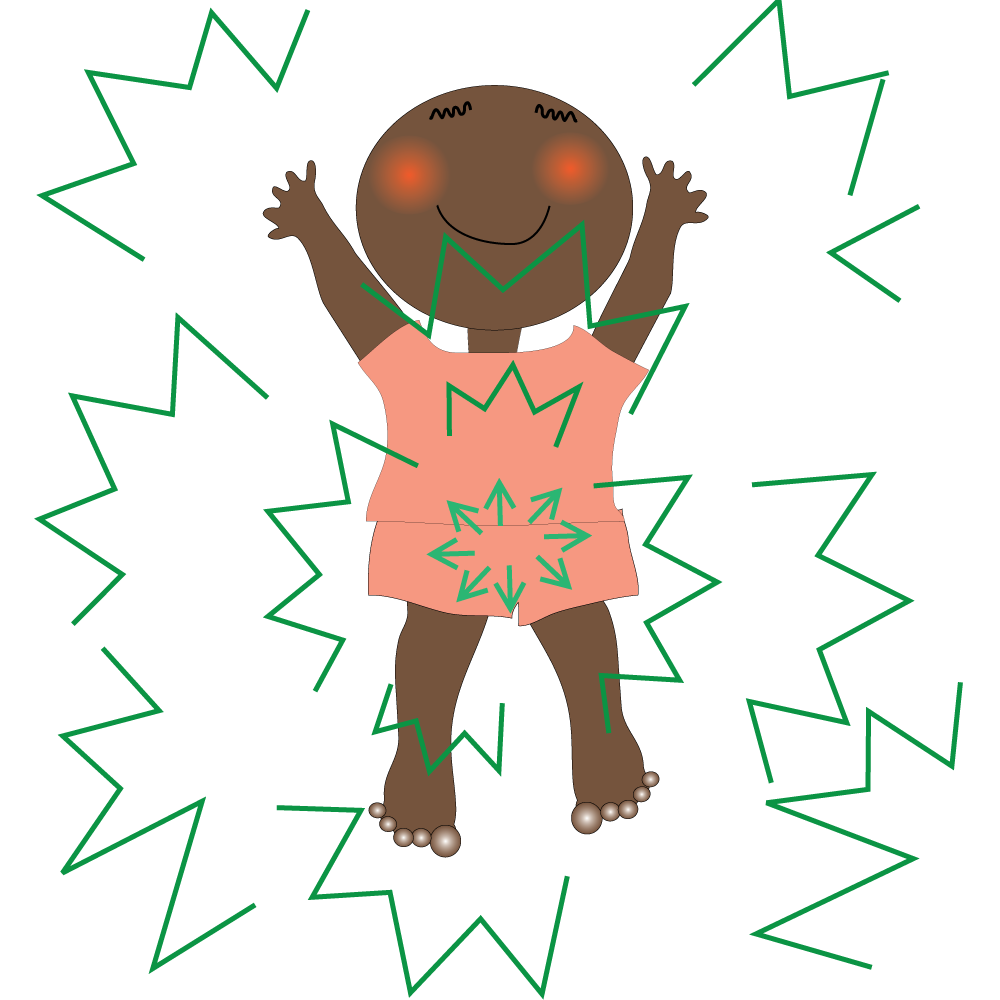
When boys have an orgasm (after the penis gets stiff and hard) the muscle spasms usually result in the semen spurting out of the penis, perhaps a bit like opening a cool drink can after shaking it. This is called ejaculation.
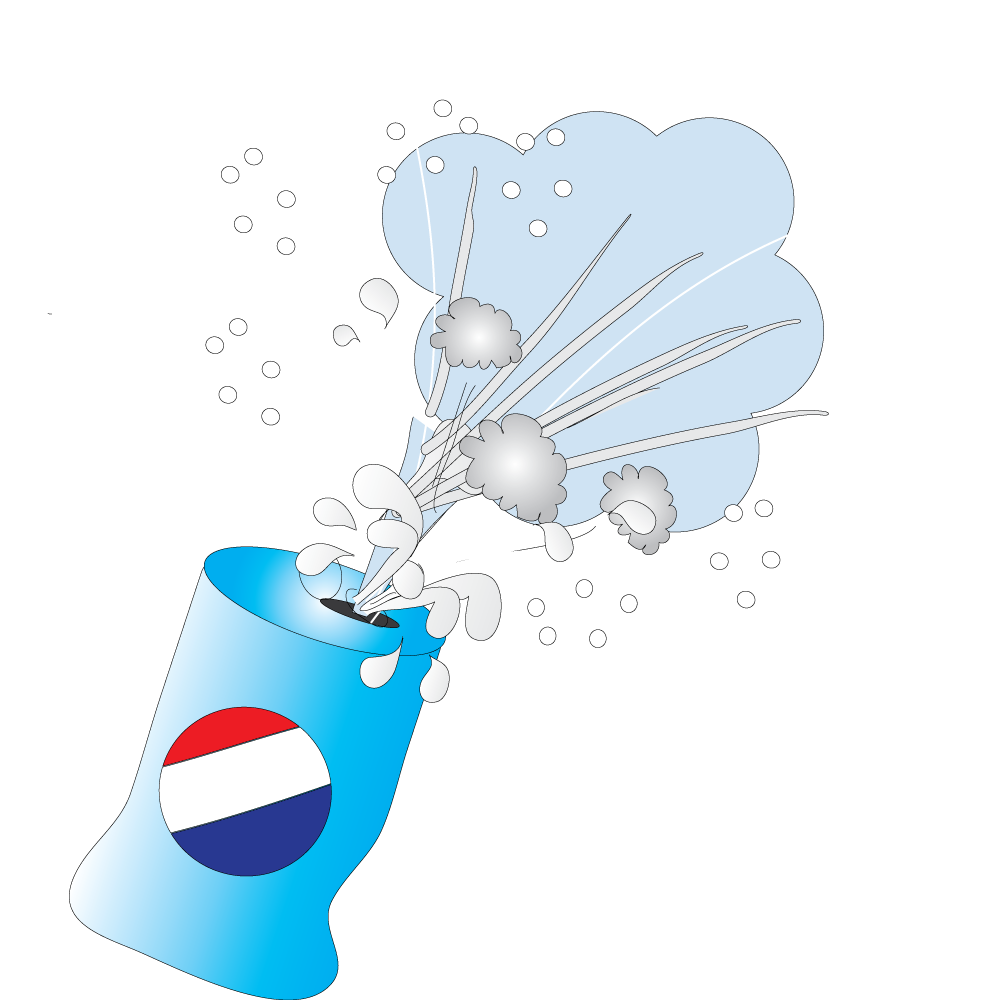
During ejaculation, a male has a very intense (strong) and pleasurable (nice) feeling that is known as an orgasm (‘coming’).
A small amount (about a teaspoon) of sperm, mixed with seminal fluid (semen) will come out from the opening in the tip of your penis. Semen contains about 300 million sperm.
The testicles continue to make more sperm all the time.
Some boys have their first ejaculation during a wet dream, others as a result of masturbation or sex.
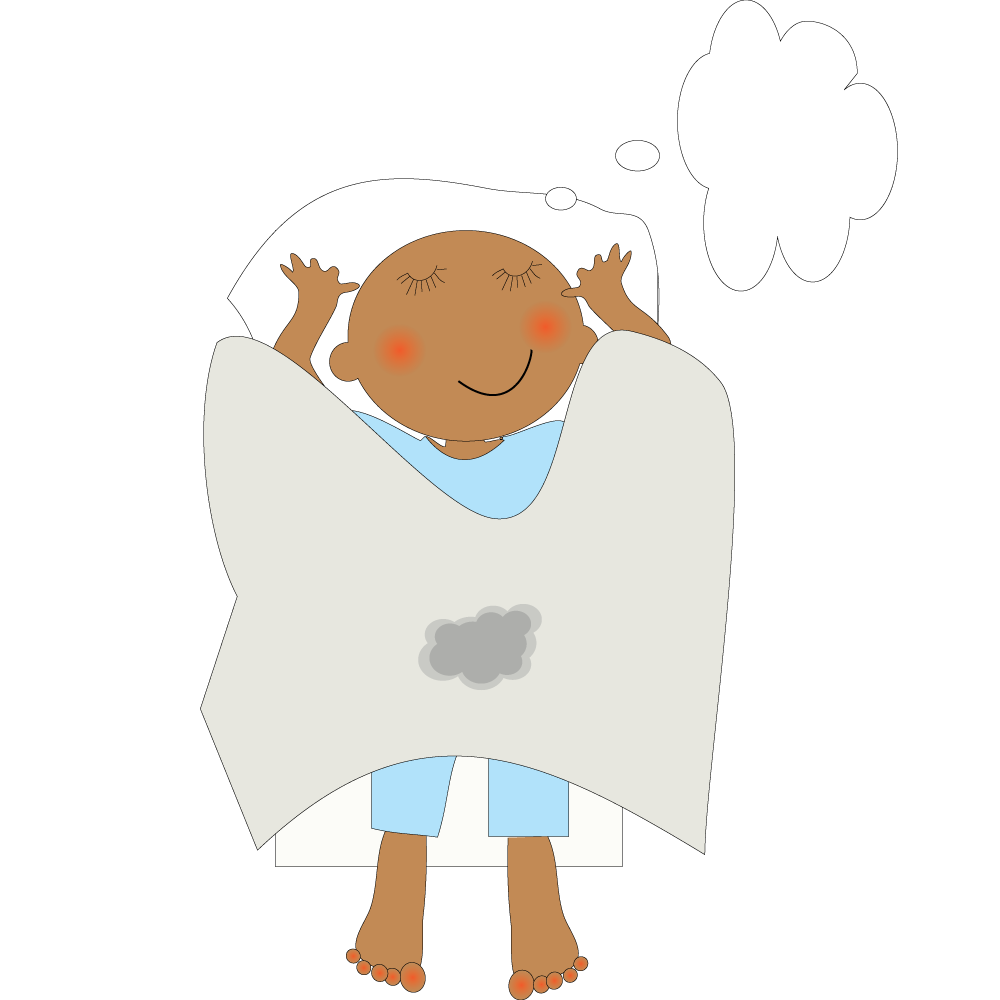
Some boys have their first wet dreams during puberty.
Many boys have their first ejaculation while they are asleep. They wake up to find the bed or pyjamas are a bit wet. This is called a ‘wet dream’. Wet dreams are the body’s way of practising to be sexually mature. They do not mean that a boy should start having sex.
So, now we know quite a bit more about the physical changes that happen during puberty. Let’s celebrate the changes in our bodies and our new feelings. Let’s also remember how important it is to have a trusted friend and/ or adult to talk to if we are worried or uncertain about something.
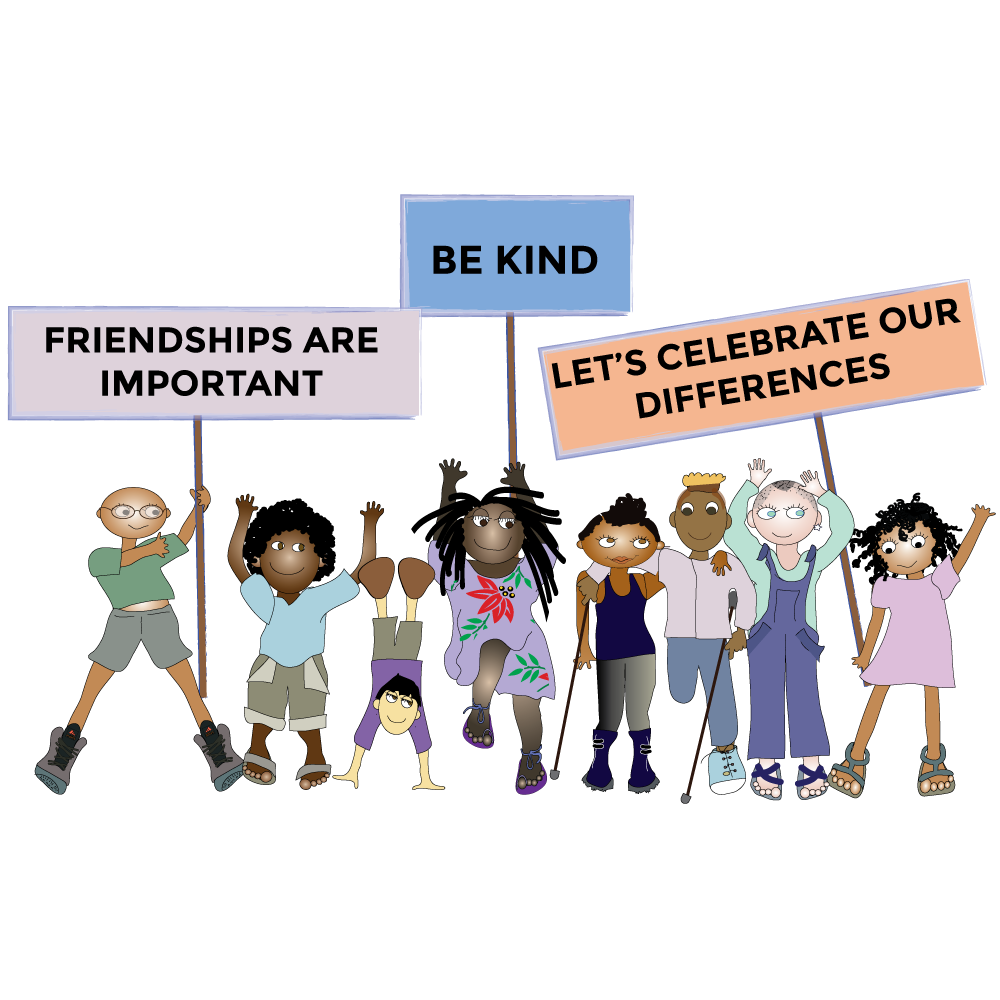
Around the time of puberty, you will begin to have more interest in people as romantic or sexual partners, sometimes having strong feelings of love that are different from your feelings for family and friends.
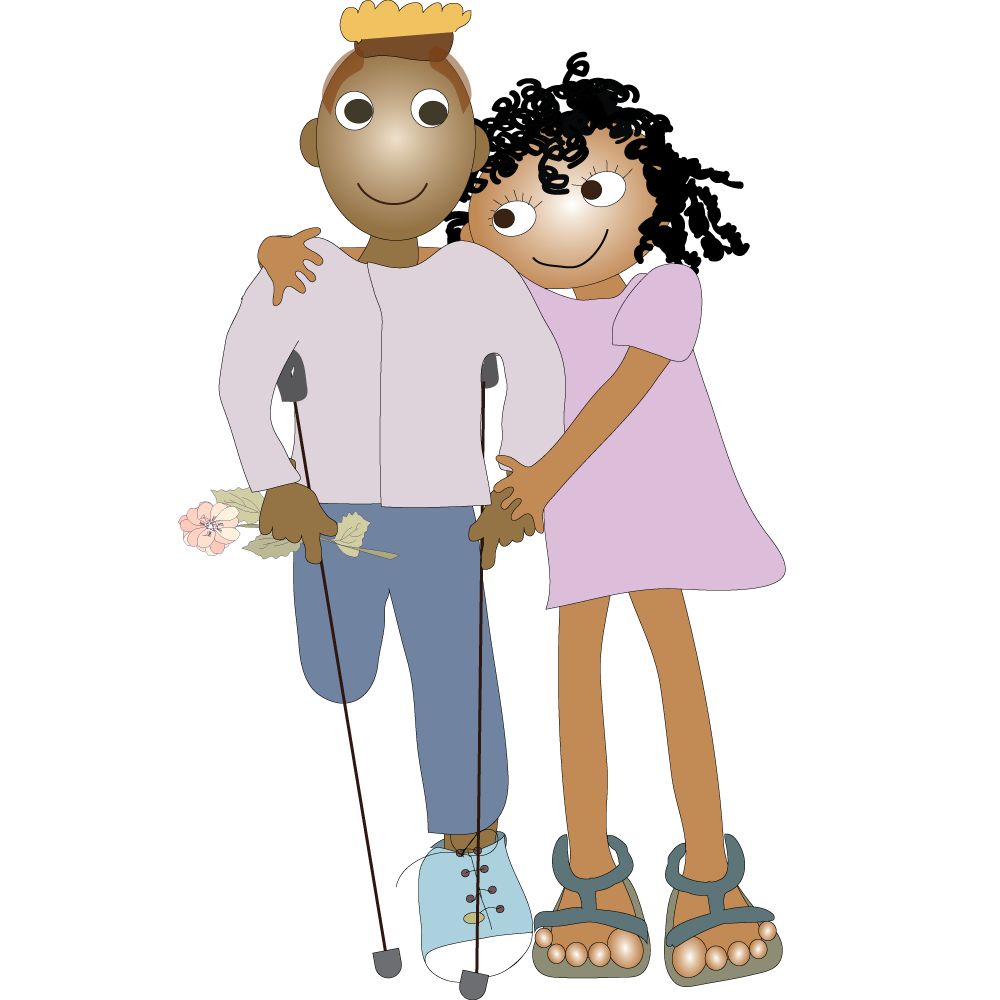
Here are some descriptions of what love is? Do you agree? How would you describe love?
- Love is a special feeling that fills our hearts.
- Love is putting ourselves in someone else’s shoes and caring about how they feel.
- Love is treating others just as we would like them to treat us – with care and respect.
- Love is accepting and loving others just as they are and caring about them enough to help them to do better.
- Love is wanting to enhance another person’s life.
- Love is respecting others.
- When we are being loving, we help others to feel important and happy. They become gentler and kinder.
- Love is catchy – it keeps spreading.
- We might show love in a smile, a pleasant way of speaking, a kind word, a thoughtful act or simply being present.
- We might show love in a hug, or a kiss, or sexual activity – only if both people agree, every time! Remember, CONSENT.
- Love is being trustworthy and loyal.
- Love is sharing the good and bad times.
Having sex for the first time is a very big decision. It should not be taken lightly or when under the influence of alcohol or drugs. Deciding to have sex is a mature decision, so think long and hard about it by answering these questions honestly.
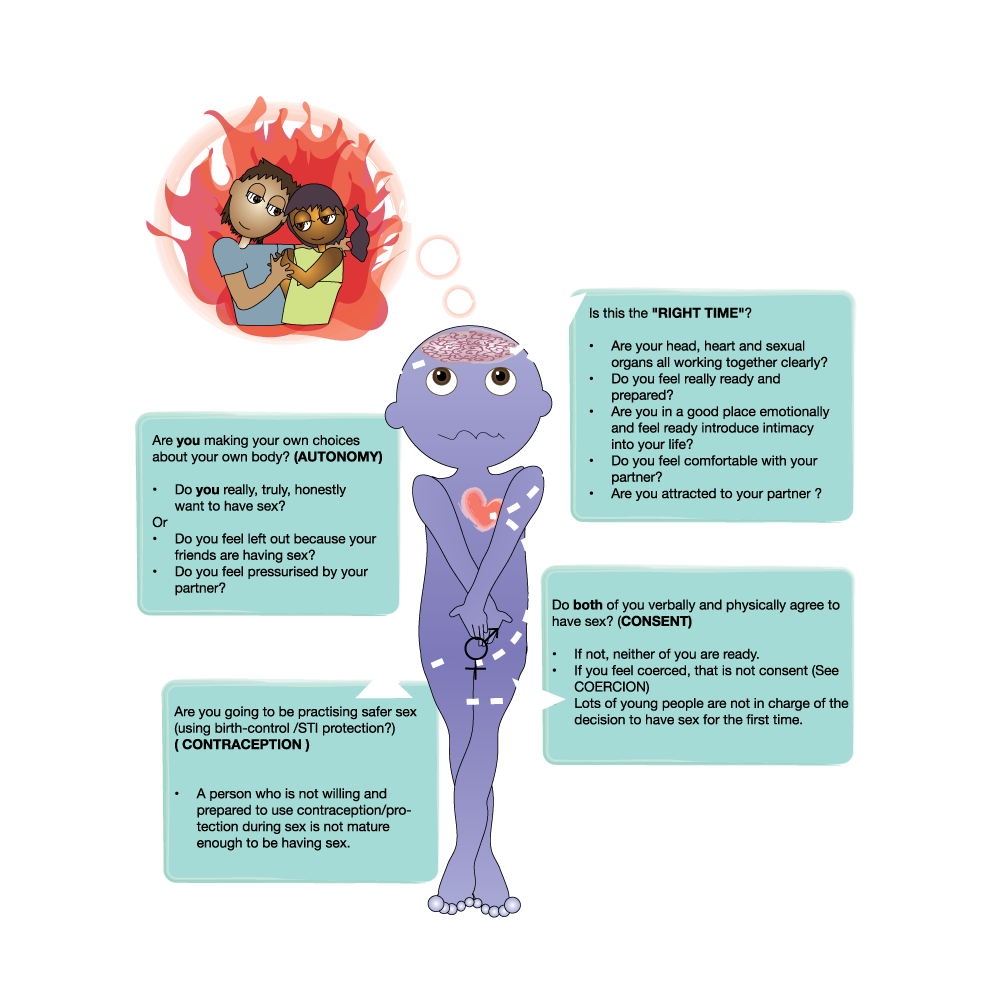
IMIZWA KANYE NOBUDLELWANE

Ngaphandle kwezinguquko ekubukekeni kwethu nakwizinguquko eziba semzimbeni yethu, kuba noshintsho endleleni esizizwa ngayo ngenkathi sithomba.
Imizimba yethu iqala ukukhiqiza amahomoni ngenkathi sidlula ekuthombeni. Ama homoni afana nezithunywa ezincane zamakhemikhali. Lezi zithuywa zilawula okwenzeka emizimbeni yethu futhi zithinte nendlela esicabanga ngayo nesizwa ngayo. Wonke umuntu ubhekana nalokho ngendlela ehlukile nangezikhathi ezahlukene, kodwa kuvamile ukuba nemizwa enamandla kakhulu. Singase sizizwe sijabule noma sidabuke kungazelelwe, sijabule noma sithukuthele, sinamahloni sisaba noma sinesibindi. Singase futhi sibe nesifiso esinamandla sobulili futhi sizizwe sikhangwa ngabanye ngokujulile ngokushesha.

Lokhu kuyingxenye evamile yokukhula. Kungase kube yisikhathi esimnandi nesijabulisa kakhulu, futhi kungaba yisikhathi esinokudideka nesicasulayo. Iningi lethu liqala ukufuna ukuveza imizwa yalo kwabanye libe nobuhlobo obufudumele. Ubuhlobo obufudumele yilobo lapho ababili bezinika ithuba lokwazana nokunakekelana ngokweqiniso. Kubalulekile ukwenza lokhu kuphela lapho sebekulungele lokhu, ngaphandle kokuzifaka engozini.

Ukuqonda ukuthi amahomoni asebenza kanjani kwenza ukuba siyithokozele le mizwa emisha ngendlela ephephile nenempilo.
‘Imizwa’ isho izinto ezehlukene, njengalokhu :
- Imizwa yomzimba
- Isimo sokomoya
- Ukukhangeka ngokothando
Le mizwa nezifiso ezintsha eziqala ngesikhathi sokuthomba ziyingxenye yokukhula ngokwemvelo:
- Imizwa yocansi noma imizwa yokufuna ukuya ocansini, ingaba namandla kakhulu
- Imizwa yocansi ijwayelekile kodwa lokho akusho ukuthi usukulungele ukulwenza.
- Umzimba wakho ungase ukulungele lokho, kepha inhliziyo yakho nengqondo ingase ingakulungeli lokho. Imizwa yezocansi ingenza ungacabangi kahle, lokho kukuholele ekuziphatheni ngokuyingozi.

Ucansi luyindlela abantu abangabonisa ngayo uthando omunye komunye. Ucansi lungathokozelwa futhi lungaba ngoluphephile, lapho lwenziwa kuthandwana futhi lwenziwa ngokuvumelana (ababili bevumelene), ubudlelwane obakhelwe phezu kwenhlonipho, lapho ababili abathandanayo bazi amalungelo abo kanye nezibophezelo.
Kubalulekile ukuba ungaphoqwa futhi ungaphoqeli muntu ebudlelwaneni bocansi. Kungasiza ukuba nomngani noma umuntu omdala esimethembayo ngempela ukuthi uzosisekela futhi aseluleke. Ngenkathi sikhula siba nolwazi olwengeziwe, singakwazi ukubona ubudlelwane bocansi obungalingani ngenxa yobulili, ubudala, isimo somnotho, noma umehluko emandleni angalingani.

UNOKUKHETHA NAMALUNGELO
Amasiko ahlukene, izinkolo nezizukulwane ezahlukene zinezindlela ezehlukene zokukhuluma ngocansi. Kunemiyalezo eminingi edidayo mayelana nocansi nobulili.
Kuhlala njalo kubalulekile ukuhlola iqiniso ukuthi abantu basitshelani, bengabangani, umndeni, bengothisha nabanye abantu abadala, izinkundla zokuxhumana, amaphephabhuku, umsakazo kanye nomabonakude.
Imizwa yocansi, noma imizwa yokufuna ukuya ocansini (ukuvuka kwenkanuko) iwukuziphendulela kwemizimba yethu ngokwemvelo. Lokho kujwayelekile futhi kuyisimo esimnandi.
Ukufunda ukuphatha le mizwa kulula uma uqonda ukuthi kwenzekani emzimbeni wakho uma ukhangwa ngothile.
Kuyini ukuqhanyelwa?
Lapho abafana bevukelwa, izitho zabo zangasese ziba nkulu futhi ziqine. Lokhu kubizwa ngokuthi ngukuqhanyelwa. Kwenzeka ngoba igazi liyanda ngaphakathi epipini.
Amadoda nabafana ngisho nezingane ziyaqhanyelwa.
Ukuqhanyelwa kungenzeka lapho umuntu elele, lapho ipipi lithintwa nalapho umuntu evukelwa imizwa yobulili.
Ngesikhathi sokuthomba, ukuqhanyelwa kungenzeka kungalindelekile. Emva kwesikhashana, ukuqhanyelwa kuyaphela futhi ipipi libuye lithambe.
Amantombazane nawo ngokufanayo ayavukelwa kodwa akubonakali ngoba izitho zawo zangasese zingaphakathi. Umgudu wesitho sowesifazane sangasese uba manzi (kuba noketshezi emgudwini wesitho sangasese sowesifazane).
Imizwa yocansi iba nje kulowo nalowo muntu. Asikwazi ukulawula ukuthi ingenzeka nini kodwa singakwazi ukulawula ukuthi siyabelana yini ngayo noma siyatshelana yini ngayo. Ngisho ngabe unothando olufudumele nomunye kumbe unobudlelwane ngokobulili nomunye, kubalulekile ukuvumelana ngokwabelana nokubonisa imizwa. Kudingeka sibuze ngaphambi kokuqabula noma ukwanga othile. Lokho kubizwa ngokuthi yimvume.
Enye indlela ephephile yokuya ocansini ungakalulungeli, ukushaya indlwabu.
Imipipi ingashintsha ubungako bayo ngisho nalapho ingamile mpo. Ukwesaba , ukubanda, noma ukwethuka kunciphisa igazi elingaphakathi epipini bese ubungako balo buyancipha. (Qaphela ukuthi kwenzekani uma usemanzini abandayo!).
Kwesinye isikhathi abafana bayakhathazeka ukuthi bangase babonwe ngabanye ukuthi baqhanyelwe. Nokho lokho kubonwa yibo kakhulu kunokubonwa ngabanye.

- Gqoka izingubo ezinkulu
- Faka izandla emaphaketheni
- Hlala phansi lize linciphe
- Cabanga nje ngokuthile lize linciphe
- Bopha ukhalo ngejezi ushiye imikhono ilenga ngaphambili
- Mboza ukuqhanyelwa ngencwadi noma ngesikhwama

Abantu bajabulela imizwa yocansi ngaphandle kokuya ocansini, isibonelo, ngokuqabula nokuthintana. Ukushaya indlwabu kuyindlela ephephile yokuya ocansini.
Ukushaya indlwabu kusho ukuthinta noma ukuphulula isitho sangasese (izitho zocansi) ngendlela ezwakala imnandi (ethokozisanayo). Lokhu kungase kuholele esimweni okunzima ukusichaza kuvuthondaba olumnandi lwentokozo enkulu, okubizwa ngokuthi yi-ogazimu. Abafana namantombazane bayayishaya indlwabu babe kulesi simo sobumnandi se-ogazimu.

Abantu abaningi bashaya indlwabu esikhathini esithile ekuphileni kwabo. Lokhu kufanele njalo kwenziwe ngasese. Abanye abantu bashaya indlwabu kakhulu kunabanye, uma lokhu kungaphazamisi imisebenzi yabo yosuku, awukho umonakalo odalwa yilokho. Isikhathi esichithwa kushaywa indlwabu sehlukile kulowo nalowo muntu.
Abanye bakholwa wukuthi ukushaya indlwabu kubangela zonke izinhlobo zezinto ezixakayo. Lokho kakusilo iqiniso. Ukushaya indlwabu akusikhona ukona futhi akusona isono.
Ukucabanga ngezinto ezijabulisayo ube ushaya indlwabu kuyinto evamile. Uba ngumuntu ofinyelela kude ngengqondo sakuphupha.

‘Ukufika’
Kunzima ukuchaza kahle ukuthi kuvuthondaba ocansini umuntu uzizwa kanjani, kodwa ngokujwayelekile kuyinto ejabulisayo kakhulu edalwa wukuncipha nokunwebeka kwemisipha ngendlela ephindaphindayo. Umuzwa uqala ezithweni zocansi bese uya ngaphandle, ngezinye izikhathi uthinta wonke umzimba.


Uma abafana befika kuvuthondaba lwezocansi(ngemuva kokuba ipipi liqinile) injabulu enkulu abafinyelela kuyo ngokujwayelekile umphumela kuba ukuphuma kwesidoda esithweni sangasese, mhlawumbe okufana nokuvula ithini lesiphuzo esibandayo ngemuva kokusinyakazisa. Lokhu kubizwa ngokuchama.
Amankwahla ayaqhubeka nokwenza isidoda esiningi ngasosonke isikhathi.
Abanye abafana baphuma isidoda okokuqala ngesikhathi bephupha bemanzi abanye ngenxa yokushaya indlwabu noma benza ucansi.

Abanye abafana baphupha okokuqala “bechama” ngesikhathi bethomba.
Abafana abaningi baphuma isidoda okokuqala belele. Baphaphama esemanzi kancane amaphijama abawagqokile nombhede. Lokhu kubizwa ngokuphupha “bezichamele.” Lokhu kuyindlela yomzimba yokuzijwayeza ukuvuthwa ngokocansi. Akusho ukuthi umfana ufanele aqale ukuya ocansini.
Ngakho ke, manje sesazi okuthe xaxa mayelana nezinguquko zomzimba ezenzeka ngesikhathi sokuthomba. Masizithokozele lezi nguquko ezenzeka emizimbeni yethu kanye nemizwa yethu emisha. Masikhumbule futhi ukuthi kubalulekile kangakanani ukuba nomngani omethembayo / noma umuntu omdala ongaxoxa naye uma ukhathazekile noma ufuna ukuqiniseka kokuthile.

Ngesikhathi sokuthomba uzoqala ukuba nentshisekelo eyengeziwe kubantu ngokukhombisa uthando oluthe xaxa noma njengesoka kumbe intombi, kwesinye isikhathi ubenemizwa enamandla yothando ehlukile emizweni yakho ngomndeni nabangani.

Nazi ezinye izincazelo zokuthi luyini uthando. Ingabe uyavuma? Ungaluchaza kanjani uthando?
- Uthando umuzwa okhethekile ogcwalisa izinhliziyo zethu.
- Uthando ukuzifaka ezicathulweni zomunye umuntu nokukhathalela ukuthi uzizwa kanjani.
- Uthando luwukuphatha abanye ngendlela esingathanda ukuthi basiphathe ngayo – ngokunakekela nangenhlonipho.
- Uthando luwukwamukela nokuthanda abanye njengoba benjalo nokubakhathalela ngokwanele ukubasiza ukuba benze kangcono.
- Uthando lufuna ukuthuthukisa impilo yomunye.
- Uthando luwukuhlonipha abanye.
- Lapho sibonisa uthando, sisiza abanye ukuba bazizwe bebalulekile futhi bejabule. Baba mnene futhi babe nomusa.
- Uthando luyaheha - luyaqhubeka nokusabalala.
- Singase sibonise uthando ngokumamatheka, ngendlela ejabulisayo yokukhuluma, ngezwi elinomusa, ngesenzo sokucabangela noma ngokumane sibe nabo.
- ingase sibonise uthando ngokugona, noma ngokuqabulana, noma ngokwenza ucansi – kuphela uma bobabili abantu bevumelana, ngaso sonke isikhathi! Khumbula, IMVUME.
- Uthando luwukukholeka nokwethembeka.
- Uthando luhlanganyela ezikhathini ezinhle nezimbi.
Ukuya ocansini okokuqala kuyisinqumo esikhulu kakhulu. Akufanele kuthathwe kalula noma lapho udakwe utshwala noma izidakamizwa. Ukunquma ukuya ocansini kuyisinqumo okudinga siphume engqondweni evuthiwe, ngakho cabangisisa ngakho ngokuphendula le mibuzo ngokuthembeka.

GEVOELINGS EN VERHOUDINGS

Afgesien van die veranderinge in ons voorkoms en die fisiese veranderinge in ons liggame, ervaar ons veranderinge in die manier waarop ons voel tydens puberteit.
Ons liggame begin hormone produseer soos ons deur puberteit gaan. Hormone is soos klein chemiese boodskappers. Hulle beheer wat in ons liggame gebeur en beïnvloed die manier waarop ons dink en voel. Almal ervaar dit anders en op verskillende tye, maar dit is algemeen om baie sterk gevoelens te hê. Ons voel dalk skielik gelukkig of hartseer, opgewonde of kwaad, skaam, bang of dapper. Ons kan ook soms sterk seksuele drange hê en voel skielik en intens aangetrokke tot ander.

Dit is 'n normale deel van grootword. Dit kan baie opwindend en aangenaam wees, en ook verwarrend en ontstellend. Baie van ons wil begin om ons gevoelens teenoor ander uit te druk en ‘n intieme verhouding te hê. ’n Intieme verhouding is wanneer twee mense die tyd neem om mekaar beter te leer ken en vir mekaar om te gee. Dit is baie belangrik om dit net te doen wanneer ons gereed is en sonder om onnodige risiko's te neem.

Om te verstaan hoe ons hormone ons beïnvloed, stel ons in staat om hierdie nuwe gevoelens op veilige en gesonde maniere te geniet en ervaar.
'Gevoelens' beteken verskillende dinge, soos:
- Fisiese sensasies
- Emosionele toestande
- Romantiese aantrekking
Hierdie nuwe gevoelens en drange wat tydens puberteit begin, is 'n natuurlike deel van grootword:
- Seksuele gevoelens, of gevoelens om seks te wil hê, kan baie sterk wees.
- Seksuele gevoelens is normaal, maar dit beteken nie dat jy gereed is om seks te hê nie.
- Jou liggaam is dalk gereed, maar jou hart en verstand is dalk nie. Seksuele gevoelens kan jou gesonde verstand oorwin, en kan lei tot riskante gedrag.

Seks is 'n manier waarop mense liefde vir mekaar kan toon. Seks kan aangenaam en veilig wees, in 'n liefdevolle en wedersyds (albei aangename), respekvolle, konsensuele verhouding waar beide partye hul regte en hul verantwoordelikhede ken.
Dit is belangrik om nie gedruk te word of enigiemand in 'n seksuele verhouding te druk nie. Dit kan help om 'n vriend of volwassene te hê wat ons regtig vertrou om ons te ondersteun en raad te gee. Soos ons ouer word en meer kennis en ervaring het, kan ons dalk ongelyke seksuele verhoudings herken as gevolg van geslag, ouderdom, ekonomiese status of verskille in mag.

Jy het keuses en regte.
Verskillende kulture, gelowe en generasies het verskillende maniere om oor seks te praat. Daar is baie verwarrende boodskappe oor seks en seksualiteit.
Dit is altyd belangrik om feitekontrole te doen oor wat mense vir ons sê, of dit vriende, familie, onderwysers en ander volwassenes, sosiale media, tydskrifte, radio en TV is.
Seksuele gevoelens, of gevoelens om seks te wil hê (seksuele opwinding), is biologiese reaksies van ons liggame. Hulle is normaal en voel baie lekker.
Dit is 'n bietjie makliker om te leer om hierdie gevoelens te beheer as jy verstaan wat in jou liggaam gebeur wanneer jy tot iemand aangetrokke is of voel.
Wat is 'n ereksie?
Wanneer seuns opgewonde raak, word hul penisse groter en stywer. Dit word 'n ereksie genoem. Dit gebeur omdat die bloedtoevoer binne die penis toeneem.
Mans en seuns en selfs babas het ereksies.
Ereksies kan plaasvind terwyl 'n persoon slaap, wanneer die penis aangeraak word, of wanneer die persoon opgewonde raak.
Tydens puberteit kan ereksies onverwags plaasvind. Na 'n rukkie gaan die ereksie weg en die penis word weer sag.
Meisies word op 'n soortgelyke manier seksueel geprikkel, maar dit wys nie omdat hul geslagsorgane binne is. Hulle vagina word nat (van die vloeistowwe wat deur die vaginale wande beweeg).
Seksuele gevoelens is persoonlik. Ons kan nie beheer wanneer dit gaan gebeur nie, maar ons kan beheer of ons dit gaan deel of wys. Selfs wanneer jy 'n romantiese of seksuele verhouding het, is dit belangrik om saam te stem oor hoe om dit te deel en jul gevoelens te wys. Ons moet vra voordat ons iemand soen of omhels. Dit word “verkry vantoestemming” genoem.
'n Veilige alternatief om seks te hê voordat jy gereed is, is masturbasie.
Penisse kan van grootte verander selfs wanneer dit nie regop (ereksie) is nie. Om bang, koud of senuweeagtig te wees, verminder die bloed in die penis, wat dit kleiner maak (kyk wat gebeur in koue water).
Soms is mans/seuns bekommerd dat ander mense hul ereksies kan sien. Dit is waarskynlik meer opvallend vir die mans/seun self as enigiemand anders.

- Dra groter klere
- Sit hande in sake
- Sit totdat dit weggaan
- Dink aan iets anders totdat dit weggaan
- Bind 'n trui om jou middel met die moue wat afhang
- Gebruik 'n notaboek of sak om dit te bedek

Mense geniet seksuele gevoelens sonder om seks te hê, deur byvoorbeeld te soen en aan mekaar te raak. Masturbasie is 'n veilige alternatief vir seksuele omgang.
Masturbasie beteken om die geslagsdele (geslagsorgane) aan te raak of te streel op 'n manier wat aangenaam (lekker) voel. Dit is moeilik om te beskryf maar kan lei tot 'n gevoel van intense plesier wat ‘n orgasme genoem word. Beide seuns en meisies masturbeer en kan ‘n orgasme ervaar.

Die meeste mense masturbeer een of ander tyd in hul lewens. Dit moet altyd privaat gedoen word. Sommige mense masturbeer meer as ander en tensy dit inmeng met normale daaglikse aktiwiteite, is daar niks ongewoon/skadeliks daaraan nie. Die hoeveelheid tyd wat aan masturbasie bestee word, verskil vir almal.
Sommige glo dat masturbasie allerhande vreemde dinge sal laat gebeur. Dit is nie waar nie. Masturbasie is nie verkeerd of sondig nie.
Om te dink aan dinge wat opwindend is terwyl jy masturbeer, is heeltemal normaal. Dit word fantasieë genoem.

Dit is moeilik om presies te verduidelik hoe 'n orgasme voel, maar dit is gewoonlik 'n baie aangename ervaring wat veroorsaak word deur ritmiese spasmas van spiere wat saamtrek. Die gevoel begin in die geslagsorgane en beweeg na buite, wat soms die hele liggaam affekteer.

Wanneer seuns 'n orgasme kry (nadat die penis styf en hard geword het) lei die spierspasmas gewoonlik daartoe dat die semen uit die penis spuit, miskien 'n bietjie soos om 'n koeldrankblikkie oop te maak nadat jy dit geskud het. Dit word ejakulasie genoem.

Tydens ejakulasie het 'n man/seun 'n baie intense (sterk) en aangename (lekker) gevoel wat bekend staan as 'n orgasme ('kom').
'n Klein hoeveelheid (ongeveer 'n teelepel) sperm, gemeng met seminale vloeistof (semen) sal by die opening op die punt van jou penis uitkom. Semen bevat ongeveer 300 miljoen sperm.
Die testikels gaan voort om heeltyd meer sperm te maak.
Sommige seuns het hul eerste ejakulasie tydens 'n nat droom, ander as gevolg van masturbasie of seks.

Sommige seuns het hul eerste nat drome tydens puberteit.
Baie seuns kry hul eerste ejakulasie terwyl hulle slaap. Hulle word wakker en vind die bed of hulle slaapklere is 'n bietjie nat. Dit word 'n 'nat droom' genoem. Nat drome is die liggaam se manier om te oefen om seksueel volwasse te wees. Die drome bedoel nie dat 'n seun seks moet begin hê nie.
So, nou weet ons nogal bietjie meer oor die fisiese veranderinge wat tydens puberteit plaasvind. Kom ons vier die veranderinge in ons liggame en ons nuwe gevoelens. Kom ons onthou ook hoe belangrik dit is om 'n vertroude vriende en/of volwassene te hê om mee te praat as ons bekommerd of onseker is oor iets.

Rondom die tyd van puberteit sal jy meer belangstel in mense as romantiese of seksmaats, soms sterk gevoelens van lief hê, sak verskil van jou lief hê gevoelens vir familie en vriende.

Hier is 'n paar beskrywings van wat liefde is? Stem jy saam? Hoe sou jy liefde beskryf?
- Liefde is 'n spesiale gevoel wat ons harte vul.
- Liefde is om onsself in iemand anders se skoene te plaas en om te gee oor hoe hulle voel.
- Liefde is om ander te behandel net soos ons wil hê hulle moet ons behandel – met sorg en respek.
- Liefde is om ander te aanvaar en lief te hê net soos hulle is en genoeg vir hulle om te gee om hulle te help om beter te doen.
- Liefde is om 'n ander persoon se lewe te wil verbeter.
- Liefde is om ander te respekteer.
- Wanneer ons liefdevol is, help ons ander om belangrik en gelukkig te voel. Hulle word sagter en vriendeliker.
- Liefde is aangrypend – dit hou aan versprei.
- Ons kan liefde wys in 'n glimlag, 'n aangename manier van praat, 'n vriendelike woord, 'n bedagsame daad of om bloot teenwoordig te wees.
- Ons wys dalk liefde in 'n drukkie, of 'n soen, of seksuele aktiwiteit - net as albei mense saamstem, elke keer! Onthou, TOESTEMMING.
- Liefde is om betroubaar en lojaal te wees.
- Liefde is om die goeie en slegte tye te deel.
Om vir die eerste keer seks te hê is 'n baie groot besluit. Dit moet nie ligtelik opgeneem word of wanneer ons onder die invloed van alkohol of dwelms is nie. Om te besluit om seks te hê is 'n volwasse besluit, so dink lank en hard daaroor deur hierdie vrae eerlik te beantwoord.

MAIKUTLO LE DIKAMANO

Kantle le diphetoho tsa kamoo re shebahalang ka teng le diphetoho tse mmeleng ya rona, re ba le diphetoho ka tsela eo re ikutlwang ka yona dilemong tsa bohlankana/borwetsana.
Mmele ya rona e qala ho hlahisa dihomone ha re ntse re le dilemong tsa bohlankana/borwetsana. Dihomone di tshwana le barumuwa ba banyane ba dikhemikhale. Di laola se etsahalang mmeleng ya rona le ho ama tsela eo re nahanang le ho ikutlwa ka yona. Motho e mong le e mong o na le maikutlo ana a fapaneng le ka dinako tse fapaneng, empa ho tlwaelehile ho ba le maikutlo a matla haholo. Re ka nna ra ikutlwa re thabile kapa re hloname, re thabile kapa re kwatile, re le dihlong, re tshohile kapa re le sebete. Re ka boela ra ba le ditakatso tse matla tsa thobalano le ho ikutlwa hanghang re kgahlwa haholo ke batho ba bang.

LoEna ke karolo e tlwaelehileng ya ho hola. E ka thabisa le ho ba monate haholo, le ho ferekanya le ho halefisa motho. Bongata ba rona re qala ho batla ho bontsha maikutlo a rona bathong ba bang le ho ba le dikamano tsa lerato. Kamano ya tsa marato ke ha batho ba babedi ba ipha nako ya ho tsebana le ho kgathallana e le ka nnete. Ho bohlokwa ho etsa hona ha re itokisitse re sa ikenye kotsing.

Ho utlwisisa kamoo dihomone tsa rona di re amang ka teng ho re dumella hore re natefelwe ke maikutlo ana ka ditsela tse bolokehileng le ho tshehetsa bophelo bo botle.
‘Maikutlo’ a bolela dintho tse fapaneng, tse kang:
- Ho ikutlwa ka tsela e itseng mmeleng
- Boemo ba maikutlo
- Kgahleho e tsosang maikutlo a lerato
Maikutlo ana a matjha le ditshusumetso tse tla qala dilemong tsa bohlankana/borwetsana ke karolo ya tlhaho ya ho hola ha motho:
- Maikutlo a thobalano, kapa maikutlo a ho batla ho etsa thobalano a ka ba matla haholo.
- Maikutlo a thobalano a tlwaelehile empa ha a bolele hore o loketse ho etsa thobalano.
- Mmele wa hao o ka ba boemong bo lokileng, empa pelo le kelello ya hao di ka nna tsa se be boemong bo lokileng. Maikutlo a thobalano a ka etsa hore motho a hlolehe ho nahana le ho itshwara ka tsela e lokileng, mme a ka etsa hore motho a itshware ka tsela e mo kenyang kotsing.

Thobalano ke tsela eo batho ba ka bontshanang ho ratana ka yona. Thobalano e ka ba monate le ho bolokeha, kamanong ya lerato le eo baratani (ka bobedi ba dumelang) ba hlomphanang, le ho tseba ditokelo le maikarabelo a bona.
Ho bohlokwa hore o se susumetswe kapa o se susumetse motho ofe kapa ofe hore a kene kamanong ya thobalano. Ho ka thusa ho ba le motswalle kapa motho e moholo eo re mo tshepang e le kannete hore a re tshehetse le ho re eletsa. Ha re ntse re hola mme re ba le tsebo le boiphihlelo bo bongata, re ka kgona ho bona dikamano tsa batho ba sebedisang matla a sa lekaneng thobalanong ka lebaka la bong, dilemo, boemo ba moruo kapa ho ba le matla a fapaneng.

O na le dikgetho le ditokelo.
Batho ba botjhaba bo fapaneng, ditumelo le meloko e fapaneng ba na le ditsela tse fapaneng tsa ho bua ka thobalano. Ho na le melaetsa e mengata e kopanyang hlooho ka thobalano le maikutlo ka thobalano, menahano, ho kgahleha le boitshwaro ba batho ba bang.
Kamehla ho bohlokwa ho hlahloba seo batho ba re bolellang sona, ho sa kgathalatsehe hore ke metswalle, ba lelapa, matitjhere le batho ba bang ba baholo, social media, dimakasine, radiyo le TV.
Maikutlo a thobalano, kapa maikutlo a ho batla ho etsa thobalano (tsohelwa) ke kamoo mmele ya rona e arabelang ka tlhaho. A tlwaelehile ebile ke maikutlo a monate haholo.
Ho ithuta ho laola maikutlo ana ho bobebenyana ha o utlwisisa se etsahalang mmeleng wa hao ha o kgahlwa ke motho ya itseng.
Ho tsohelwa ke eng?
Ha bashemane ba thabile, dikwae/ntoto/(botona).tsa bona di ba kgolwanyana le ho tiyanyana. Hona ho bitswa ho tsohelwa. Ho etsahala hobane phepelo ya madi e ka hara kwae/ntoto/botona.e a eketseha.
Banna le bashemane le masea a a tsohelwa.
Ho tsohelwa ho ka etsahala le ha motho a robetse, ha ho tshwarwa-tshwarwa kwae/ntoto/Botona. kapa ha motho a thabile.
Dilemong tsa bohlankana/borwetsana, ho tsohelwa ho ka etsahala ho sa lebellwa. Ka mora nako, ho tsohelwa ho a feela ebe kwae/ntoto/botona e ba bonolo hape.
Banana ba tsohelwa ka ho tshwana empa ha ho bonahale hobane ditho tsa bona tsa thobalano di ka hare. Kuku(botshehadi) ya bona e ba metsi (ke lero le fetang ka marako a tshehetsang kuku).
Maikutlo a thobalano ke maikutlo a motho ka mong. Re ke ke ra laola hore a etsahala neng empa re ka laola hore na re a a fana kapa re a a bontshana. Le ha o na le kamano ya lerato kapa thobalano, ho bohlokwa ho dumellana ka ho fana le ho bontshana maikutlo a lerato. Re hloka ho kopa pele re suna kapa re aka motho e mong. Hoo ho bitswa tumello.
Kgetho e bolokehileng ya ho etsa thobalano pele o ikutlwa o loketse ho etsa jwalo, ke ho itsohedisa.
Dikwae/dintoto(botona) di ka fetola boholo ba tsona le ha di sa tsohelwa. Ho tshaba, ho hatsela kapa ho tshoha ho fokotsa madi a ka hara kwae/ntoto, ho e etsa hore ebe nyane (sheba hore ho etsahala eng ka hara metsi a batang!).
Ka dinako tse ding bashemane ba kgathatseha ka hore batho ba bang ba ka bona hore ba tsohetswe. Ho na le kgonahalo ya hore hoo ho bonwe ke moshemane ka boyena ho na le ho bonwa ke motho e mong.

- Apara diaparo tse kgolwanyana
- Kenya matsoho ka dipokothong
- Dula fatshe ho fihlela ho tsohelwa ho feela
- Nahana ka ntho e nngwe esele ho fihlela ho tsohelwa ho feela
- Fasa swetha lethekeng la hao o etse hore matsoho a leketlele fatshe
- Kwahela ka buka kapa mokotlana

Batho ba natefelwa ke maikutlo a thobalano ntle le ho etsa thobalano, ho etsa mohlala, ka ho sunana kapa ho tshwara-tshwarana. Ho itsohedisa ke kgetho e bolokehileng ya ho etsa thobalano.
Ho itsohedisa ho bolela ho tshwara-tshwara kapa ho pholla ditho tsa ho etsa thobalano ka tsela e etsang hore motho a utlwe monate. Hona ho ka qetella ho entse hore motho a be le maikutlo ao a sa kgoneng ho a hlalosa a monate o matla haholo a bitswang sehlohlolo sa monate wa thobalano. Bashemane le banana ka bobedi ba a itsohedisa le ho ba le sehlohlolo sa monate wa thobalano.

Boholo ba batho bo a itsohedisa nakong e itseng ya maphelo a bona. Hona ho lokela ho etswa sephiring. Batho ba bang ba itsohedisa ho feta ba bang mme ha ho sa sitise mesebetsi e tlwaelehileng ya letsatsi le letsatsi, ha ho na ntho e kotsi ka ho etsa jwalo. Nako eo motho a e nkang ha a itsohedisa e fapane le ya batho kaofela.
Ba bang ba dumela hore ho itsohedisa ho ka etsa hore ho etsahale mefuta kaofela ya dintho tse makatsang. Hona ha se nnete. Ho itsohedisa ha ho a fosahala kapa ha se sebe.
Ho nahana ka dintho tse thabisang ha motho a itsohedisa ho tlwaelehile haholo. Dintho tsena di bitswa menahano ya dintho tse sa kgonahaleng ho etsahala.

‘Ho tla’
Ho boima ho hlalosa hantle hore sehlohlolo sa monate wa thobalano ke maikutlo a jwang, empa hangata ke ketsahalo e monate e etswang ke ho huleha mesifa ho iketsahallang ka morethetho wa mesifa e honyelang. Maikutlo ana a qala dithong tsa thobalano mme a tswele ka ntle, ka dinako tse ding a ame mmele kaofela.

Ha bashemane ba fihlela sehlohlolo sa monate wa thobalano (ka mora hoba kwae/ntoto e thatafale) hangata ho huleha ha mosifa ho etsa hore lero la botona le tswe kwaeng/ntotong,botoneng, mohlomong ntho e kang ho bula lekane la senomaphodi ha se qeta ho tsikinywa. Hona ho bitswa ho rota.

Nakong eo motho e motona a rotang, o ba le maikutlo a matla haholo a monate a tsejwang e le sehlohlolo sa monate wa thobalano (‘ho tla’).
Palo e nyane (e ka etsang kgaba ya teye) ya peo ya botona, e kopaneng le lero la botona e tla tswa lesobeng la karolo e ka pele ya kwae/ntoto. Lero la botona le na le dipeo tsa botona tse ka bang dimiliyone tse 300.
Makwalata/ditapole di tswela pele ho etsa peo e ngata ya botona ka dinako tsohle.
Bashemane ba bang ba qala ho rota ditorong, ka lebaka la ho itsohedisa kapa ka thobalano.

Bashemane ba bang ba qala ho rota ditorong ha ba le dilemong tsa bohlankana/borwetsana.
Bashemane ba bangata ba qala ho rota peo ya botona ha ba robetse. Ba tsoha ba bona bethe kapa dipijama di le metsinyana. Hona ho bitswa ‘ho rota peo ya botona o robetse’. Ho rota peo ya botona o robetse ke tsela eo mmele o ikwetlisang ka yona ho hola thobalanong. Ha ho bolele hore moshemane o lokela ho qala ho etsa thobalano.
Jwale re tseba haholwanyana ka diphetoho tse etsahalang mmeleng dilemong tsa bohlankana/borwetsana. Ha re thabeleng diphetoho tse etsahalang mmeleng ya rona le maikutlo a rona a matjha. Ha re hopoleng le hore ho bohlokwa jwang ho ba le motswalle ya tshepahalang le/kapa motho e moholo eo re ka buang le yena ha re kgathatsehile kapa re se na bonnete ba ntho e itseng.

Dilemong tsa bohlankana/borwetsana, o tla qala ho kgahlwa ke batho ka ho ba le maikutlo a lerato kapa ho etsa thobalano le bona, ka dinako tse ding o be le maikutlo a matla a ho rata motho a fapaneng le maikutlo ao o nang le oona ho ba lelapa le metswalle.

Tsena ke tse ding tsa ditlhaloso tsa hore lerato ke eng? Na o a dumela? O ka hlalosa lerato jwang?
- Lerato ke maikutlo a ikgethang a bang ka dipelong tsa rona.
- Lerato ke ho ipeha dieteng tsa motho e mong le ho kgathalla hore o ikutlwa jwang.
- Lerato ke ho tshwara batho ba bang kamoo re ka ratang hore ba re tshware ka teng - ka ho kgathalla le ho hlompha.
- Lerato ke ho amohela le ho rata batho ba bang kamoo ba leng ka teng le ho ba kgathalla haholo ho ba thusa hore ba atlehe.
- Lerato ke ho batla ho ntlafatsa bophelo ba motho e mong.
- Lerato ke ho hlompha batho ba bang.
- Ha re na le lerato, re thusa batho ba bang hore ba ikutlwe ba le bohlokwa mme ba thabile. Ba ba mosa.
- Lerato le a tshellana – le dula le ata.
- Re ka bontsha lerato ka ho bososela, tsela e ntle ya ho bua, lentswe le tletseng mosa, ho nahanela motho e mong kapa ho ba teng bophelong ba hae.
- Re ka bontsha lerato ka ho aka, kapa ho suna, kapa ho etsa thobalano - ha feela batho ka bobedi ba dumellana ka dinako tsohle! Hopola, TUMELLO.
- Lerato ke ho tshepahala.
- Lerato ke ho ba le motho dinakong tse monate le tse bohloko.
Ho etsa thobalano lekgetlo la pele ke qeto e kgolo haholo. Ha ho a lokela ho nkwa e le ntho e nyane kapa ha motho a le tlasa tshusumetso ya tahi kapa dithethefatsi. Ho nka qeto ya ho etsa thobalano ke qeto e bontshang ho hola, kahoo e nahane haholo ka ho araba dipotso tsena ka botshepehi.
